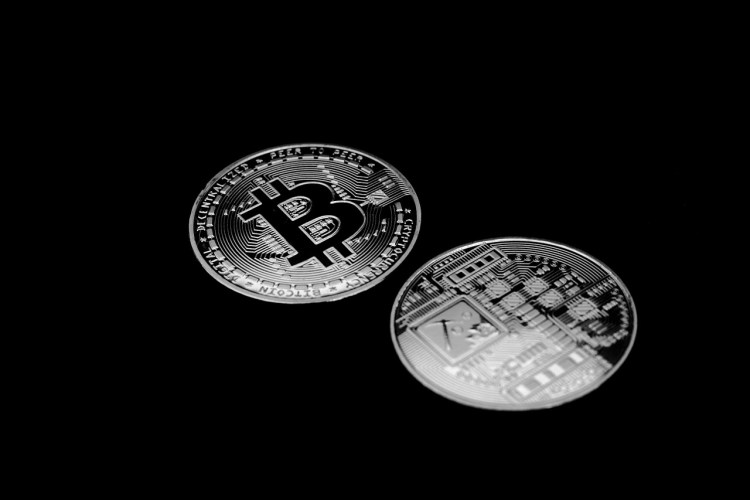The recent nod from the US Securities and Exchange Commission (SEC) for spot Bitcoin ETFs has set the crypto community buzzing. But is this a pivotal moment, ushering in a new era for digital assets, or could it be the harbinger of a crypto winter?
ETFs and the Clash with Bitcoin’s Essence
SEC Chair Gary Gensler didn’t mince words about the approval of spot Bitcoin ETFs. To him, it’s a contradiction of Bitcoin’s essence, steering it towards centralization and triggering concerns about market stability. Gensler cautioned that this move might fuel more speculation and volatility in an already shaky market.
He pointed out the irony, quoting Satoshi Nakamoto’s vision of a decentralized system. Gensler underlined that Bitcoin, often associated with shady dealings, is inherently speculative. “Think about the irony of those who say this week is historic,” he remarked. “This was about centralization and traditional means of finance.”
Investor heavyweight Kevin O’Leary echoed similar sentiments. Questioning the value for long-term investors, he emphasized the high fees and lack of direct ownership with these ETFs. O’Leary predicted the survival of only a handful, with giants like BlackRock and Fidelity likely dominating the scene.
“If you’re a purist holding Bitcoin as digital gold like I am, I would never buy an ETF,” O’Leary argued. “Why would I pay these fees? It’s completely unnecessary, and they add no value to me.”
Bitcoin’s Identity Crisis as a Medium of Exchange
Bitcoin’s initial purpose as a medium for small online transactions has taken a backseat due to high costs and clunky payment processes. Even BlackRock CEO Larry Fink doubts Bitcoin’s ability to replace traditional currencies, considering it more of an asset class. The IMF’s Managing Director, Kristalina Georgieva, also views cryptocurrencies like Bitcoin as assets rather than conventional money.

The introduction of Bitcoin ETFs adds another layer, pulling the cryptocurrency further from its decentralized roots and tethering it to traditional financial systems. Instead of aligning with traditional stores of value like gold, Bitcoin correlates more with speculative sectors, raising questions about its stability.
Historical Patterns Pointing to a Market Top
Drawing parallels with historical events, a technical analyst known as Crypto Con suggests that the launch of spot Bitcoin ETFs might signify the start of a new bear market. Past instances like CME’s Bitcoin futures launch in 2017 and Coinbase’s IPO in 2021 aligning with market peaks lend weight to this theory.
Crypto Con noted that significant market lows followed events like the FTX collapse in 2022 and the Silicon Valley Bank collapse in 2023. The recent approval of spot Bitcoin ETFs could be another signal pointing towards a potential market turning point.
As the crypto market tends to react strongly to such developments, traders might want to tread carefully in the wake of spot Bitcoin ETFs. The historical context suggests that caution and strategic trading could be the order of the day.





